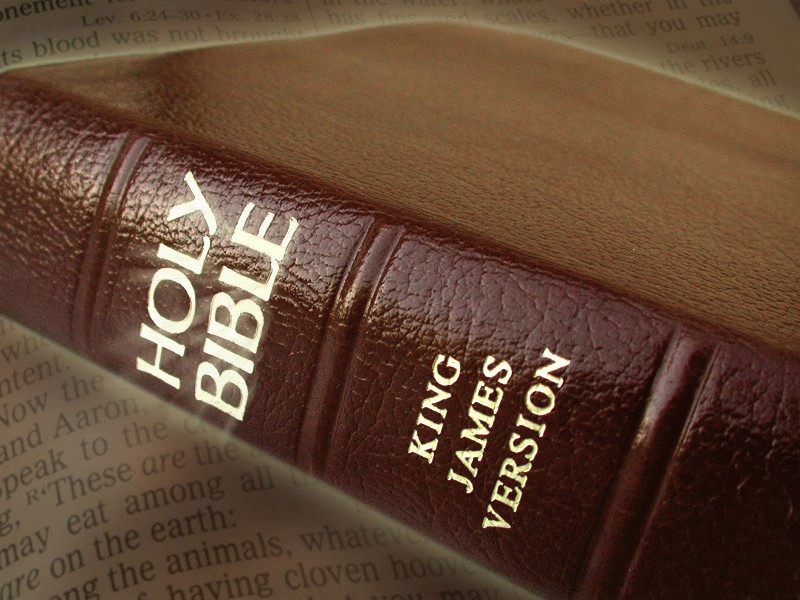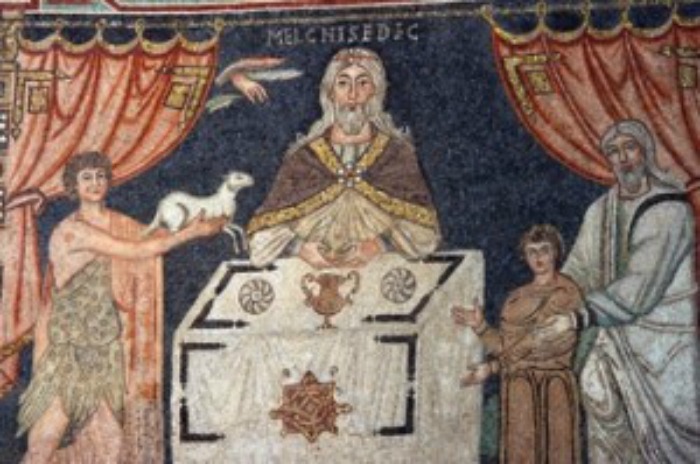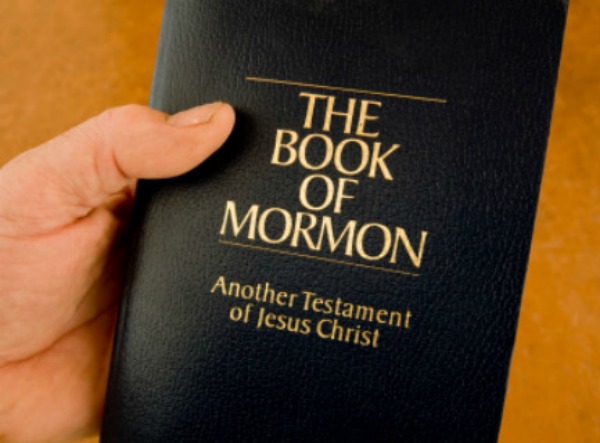Dear Gramps,
Can you please explain how Ephraim and other Israelites were not Black even though the Old Testament says they were mixed and intermingled with descendants of Ham?
It is funny how Mormons in this country claim to be descendants of Ephraim whose mother was Egyptian. This, in Mormon doctrine means he would not be able to hold the priesthood or his descendants (Genesis 41:45-52). Abraham leaves his native land of Semitic (Shem) people and goes to Africa (the land of Ham, including present day Israel) and his children intermingle and marry with the Canaanites as well as other Africans including Moses who marries an Ethiopian (Cush son of Ham). This can be found in Numbers 12:1. Also the New Testament says “Simeon that was called Niger, and Lucius of Cyrene” (Acts 13:1) Niger means Black and Cyrene is in Libya (Put son of Ham). Also the apostle Simon was a Canaanite (Mathew 10:4).
Christian, from Phoenix, Arizona
Dear Christian,
An interesting attempt to discredit the validity of the Mormon Church in ordaining Ephraimites to the priesthood. However, if your criticism were valid, that branch of the house if Israel could not have participated in priesthood functions in the Old Testament. Whereas almost the entire Old Testament is the story of God’s dealings with the house of Israel, or the seed of Abraham, who are his chosen people. Were your allegations to be true, it would negate most of the Bible itself. The claims you make are all unsupported inferences that you derive from an apparently superficial understanding of the Old Testament. You state that the Israelites were not worthy of the priesthood because they were intermingled with the descendants of Ham. I have intermingled with Blacks myself all my life, yet I never married one of them. So your inference that Jacob married a Black person because his people intermingled with them is unsupported. Actually, the mother of Ephraim and Menasseh was Asenath, who was given to Joseph by the Pharaoh.
And Pharaoh called Joseph’s name Zaphnathpaaneah; and he gave him to wife Asenath the daughter of Potipherah priest of On. And Joseph went out over all the land of Egypt (Gen 41:45).
Now I assume that you will aver that Potipherah, the priest of On, was Black. But of course there is nothing in the scriptures to support that allegation. In fact, we read from a conference address of Apostle Anthony W. Ivins—
“It is known that Hyksos, or Shepherd Kings, dominated Egypt at the time that Jacob and his family went into that country, during the period when Joseph ruled as vice regent of the reigning Pharaoh, and it was among this people that Joseph chose his wife, Asenath, who became the mother of his sons Ephraim and Manasseh.” (President Anthony W. Ivins, Conference Report, October 1931, Afternoon Meeting, p.89)
So, according to President Ivins, there is information available confirming the fact the mother of Ephraim and Menasseh was not Black, but from the Hyksos.
Next, you attempt to throw doubt on Moses because he married an Ethiopian. It is true that Moses’ first wife was an Ethiopian, and Moses married her as a political move, by which he, as the general of the Egyptian army, gained a victory over the Ethiopians who had invaded Egypt from the south. However, after he fled Egypt in fear of his life, he settled in Midian, where he lived for the next forty years. There Moses married Zipporah, the daughter of Jethro. Jethro was of the house of Israel, having descended from Abraham through Keturah. With Zipporah Moses fathered seven sons (Gen. 25:1-2). And Moses was one of the great prophets of God, who was called as the high priest of the Israelites and who held and preserved the Melchizedek priesthood in the house of Israel in his time.
Next you speak of the apostle Simon as being a Canaanite. What you may be unaware of is the fact that the term, Canaanite, used in the Old Testament and in the New Testament, comes from two different words with different meanings. The term in the Old Testament is translated from the Hebrew Kna’aniy, meaning a descendant or inhabitant of Canaan. However, the term Canaanite as used in the New Testament is translated from the Greek Kananites, meaning “zealous.” In other words, there were two of the apostles called Simon the Canaanite, but one was called Simon the Zelote (Canaanite) to distinguish him from the other, who was called Simon the Canaanite (Zelote).
So it appears that your allegations that the apostles and prophets of the Old and New Testaments would not be permitted to possess the priesthood because of their being of the Black race is a false allegation, and should be discarded.
Gramps







